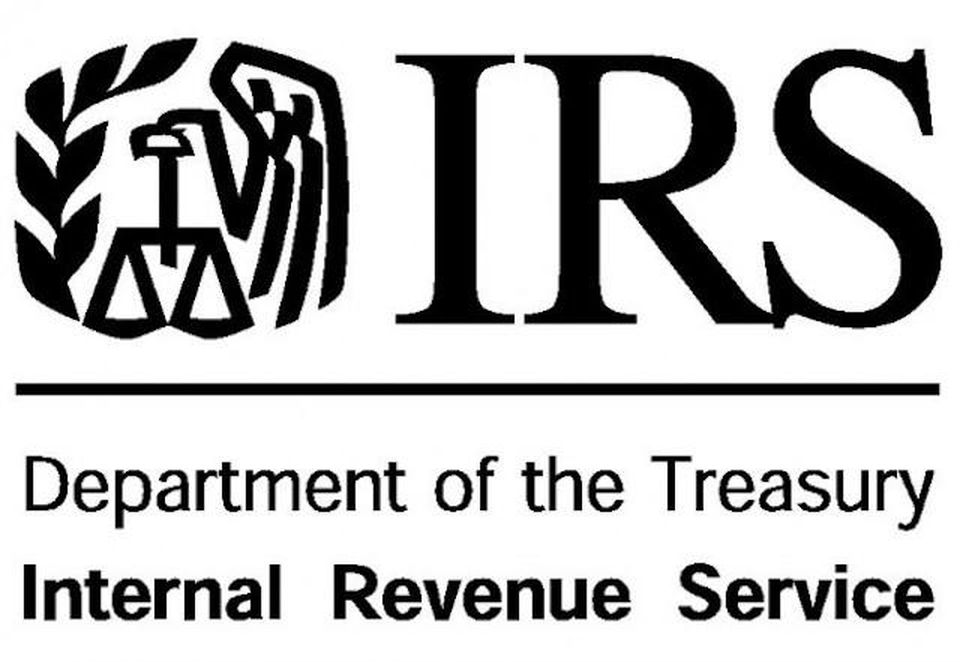
With the recent release of the IRS’s 2019 Annual Fiscal Report and Strategic Plan, the IRS shared its vision crafted under the leadership of IRS Commissioner Chuck Rettig – to become a more taxpayer-centric and modern agency. The plan clearly outlines six distinct strategic goals that will serve as the roadmap for translating their vision into practice for all American taxpayers. The experts at Optima Tax Relief reviews how one of these goals – to protect the integrity of the tax system by encouraging compliance through administering and enforcing the tax code – is shaping the future of compliance within the employment tax arena.
Taxes related to employment and payroll are the single largest contributor to all revenue collected by the IRS, accounting for seventy-two percent of all tax-related revenue. Given these significant impacts on the overall tax health of our country, issues related to noncompliance and fraud are a top priority for the IRS.
During the fiscal year of 2019, the IRS commissioned a two-week initiative to directly address non-compliance issues within the areas of employment and payroll tax compliance. Over the course of the two weeks, IRS revenue officers invested time to working directly with over 100 businesses around the country that were identified as having potential compliance issues and challenges. The IRS worked with these at-risk businesses to identify methods for catching up on delinquent payroll taxes, provided coaching and education on tools to aid them in staying up to date, and warned these businesses about the potential civil and criminal implications associated with employee tax noncompliance.
During these two weeks, the IRS, in partnership with the Department of Justice Tax Division and U.S. attorneys across the country, focused collective efforts on several criminal enforcement initiatives. This work generated numerous search warrants, indictments, and criminal convictions related to payroll tax investigations.
The IRS has stated its commitment to continuing the work conducted in 2019 as part of its Strategic Plan through 2022. As stated by IRS Commissioner Rettig, “the future of the IRS belongs to us. If we stand together, shoulder to shoulder and focused on our mission, there is no limit to what we can do.”
The six strategic goals outlined in the 2019-2022 plan outline the IRS’s strategic priorities and will serve as the guiding principles to move the IRS forward over the coming years. Click here to read the full IRS 2018-2022 Strategic Plan.
Sponsored Content

 Bridal Party Beauty Tips
Bridal Party Beauty Tips

